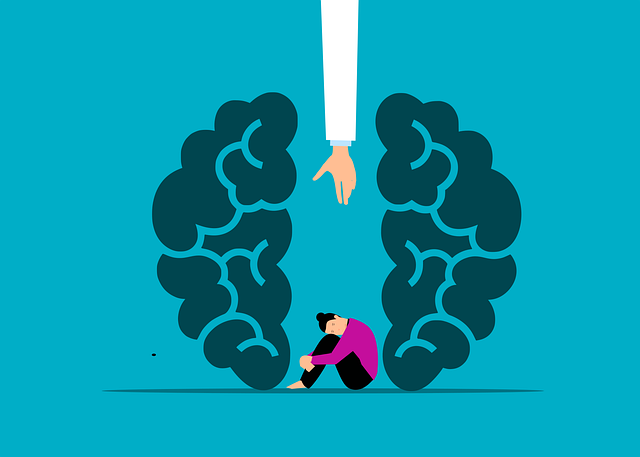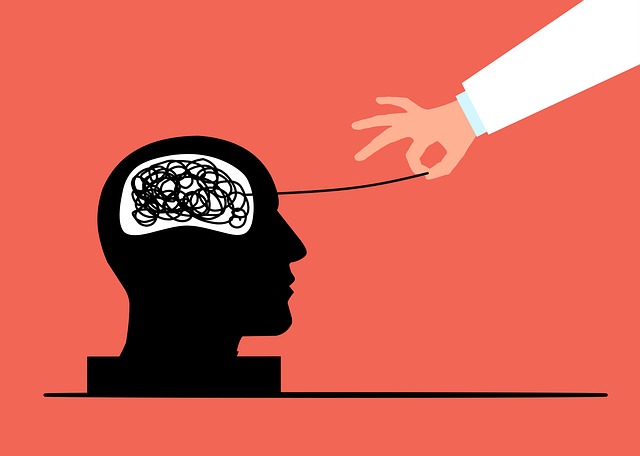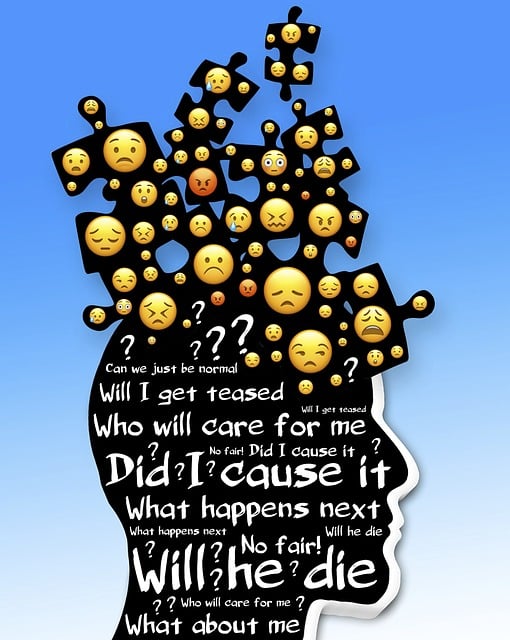Marketing a mental wellness app for young children requires understanding their unique needs, normalizing childhood emotional well-being discussions, and promoting professional therapy. The app should offer engaging features like gamified therapy or animated storytelling to differentiate itself. Target parents via digital marketing on platforms like Facebook and Instagram, and create valuable content on early childhood mental health evaluations. Success metrics should go beyond downloads, focusing on reduced anxiety levels, engagement rates, user feedback, and Net Promoter Scores, all indicating the app's positive impact on children's mental wellness.
In today’s digital age, mental wellness apps offer a promising approach to addressing young children’s therapy and mental health evaluations. This article delves into a comprehensive marketing strategy development guide. We explore key aspects such as understanding the target audience—identifying their unique mental health needs, positioning your app as a solution through innovative therapy and evaluation methods, leveraging effective marketing channels to engage parents and caregivers, and establishing measurable success with key performance indicators for mental wellness apps. By implementing these strategies, developers can enhance accessibility and impact in children’s mental health support.
- Understanding Target Audience: Identifying Young Children's Mental Health Needs
- Positioning Your App: Uniquely Addressing Therapy and Evaluations
- Marketing Channels and Strategies: Engaging Parents and Caregivers
- Measuring Success: Key Performance Indicators for Mental Wellness Apps
Understanding Target Audience: Identifying Young Children's Mental Health Needs

Understanding your target audience is a cornerstone when developing a marketing strategy for a mental wellness app focused on young children’s needs. This demographic presents unique challenges and opportunities, as their mental health issues can often be overlooked or misunderstood due to their age. Therefore, marketing efforts must bridge this knowledge gap by highlighting the importance of early intervention and normalizing conversations around childhood emotional well-being.
The marketing strategy should emphasize the value of professional therapy for young children, integrating them into mainstream mental health discussions. By promoting mental health evaluations tailored for kids, you can empower parents and caregivers to recognize signs of distress and seek appropriate support. Incorporating concepts like risk assessment, as relevant to mental health professionals, can subtly educate your audience while emphasizing comprehensive care. Additionally, incorporating exercises that foster self-awareness in children can be a powerful tool in any marketing campaign, showcasing your app’s commitment to emotional healing processes from a young age.
Positioning Your App: Uniquely Addressing Therapy and Evaluations

In today’s digital age, mental wellness apps are gaining traction as innovative tools to support therapy and mental health evaluations, particularly among young children. To stand out in a competitive market, your app must offer something unique and address specific needs within this domain. Positioning your app as a specialized platform tailored to therapy and evaluations will attract users seeking evidence-based solutions for their children’s emotional well-being. By focusing on developing engaging and interactive features that cater to young audiences, you can differentiate your app from generic mental health resources.
Consider incorporating creative elements like gamified therapy sessions, animated storytelling for social skills training, or interactive burnout prevention strategies targeted at both children and healthcare providers. These approaches not only enhance user experience but also contribute to the app’s unique selling point. Moreover, public awareness campaigns can further reinforce your app’s purpose, highlighting its ability to make mental health evaluations more accessible and less intimidating for young children.
Marketing Channels and Strategies: Engaging Parents and Caregivers

Marketing channels focused on engaging parents and caregivers are pivotal for mental wellness app success. This demographic is often the primary decision-makers when it comes to seeking therapy for young children, making their involvement crucial. Utilizing targeted digital marketing strategies, such as social media campaigns and SEO-optimized blog posts, can effectively reach this audience. Platforms like Facebook and Instagram allow for detailed targeting based on parenthood status and interests related to mental health awareness.
Content marketing is another powerful tool. Creating valuable resources centered around early childhood mental health evaluations, burnout prevention techniques tailored for parents, and trauma support services can build trust and position the app as a helpful resource. Engaging in open dialogues about these topics helps normalize conversations around mental wellness, encouraging caregivers to consider digital solutions alongside traditional therapy options.
Measuring Success: Key Performance Indicators for Mental Wellness Apps

Measuring success for mental wellness apps goes beyond user downloads or active sessions. Key Performance Indicators (KPIs) should focus on tangible improvements in users’ mental health and well-being. This could include tracking reductions in anxiety, depression, or stress levels post-app use through integrated surveys or assessments, akin to Therapy for Young Children Mental Health Evaluations. Engagement metrics like completion rates of therapeutic exercises, regular check-ins with AI therapists, and active participation in online communities can also signal app effectiveness.
Furthermore, monitoring user feedback, satisfaction ratings, and Net Promoter Scores (NPS) provides insights into the app’s usability, appeal, and overall impact on users’ mental wellness journey. Tracking these KPIs enables developers to refine their communication strategies, enhance Mental Wellness Podcast Series Production content, and proactively implement Burnout Prevention features, ensuring continuous improvement and user retention.
In developing a mental wellness app marketing strategy, understanding the unique needs of young children’s mental health is paramount. By positioning your app to offer tailored therapy and evaluations, you can effectively engage parents and caregivers as key stakeholders. Utilizing targeted marketing channels and measuring success through relevant KPIs, such as user engagement and improved child mental health outcomes, will ensure your app stands out in a competitive market while making a meaningful impact on young lives. Remember, addressing therapy for young children’s mental health evaluations holistically is crucial to fostering a healthier, more resilient future generation.














